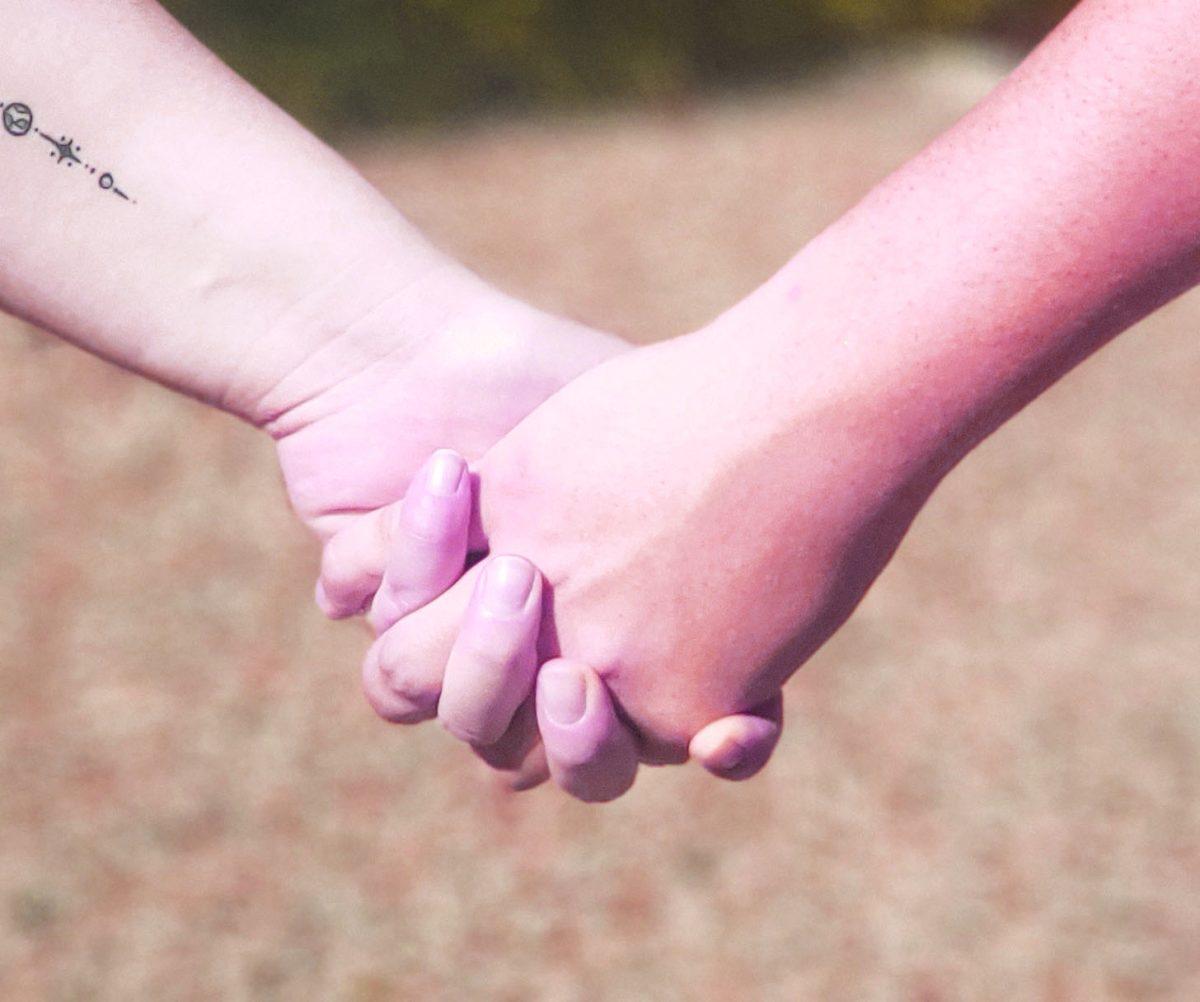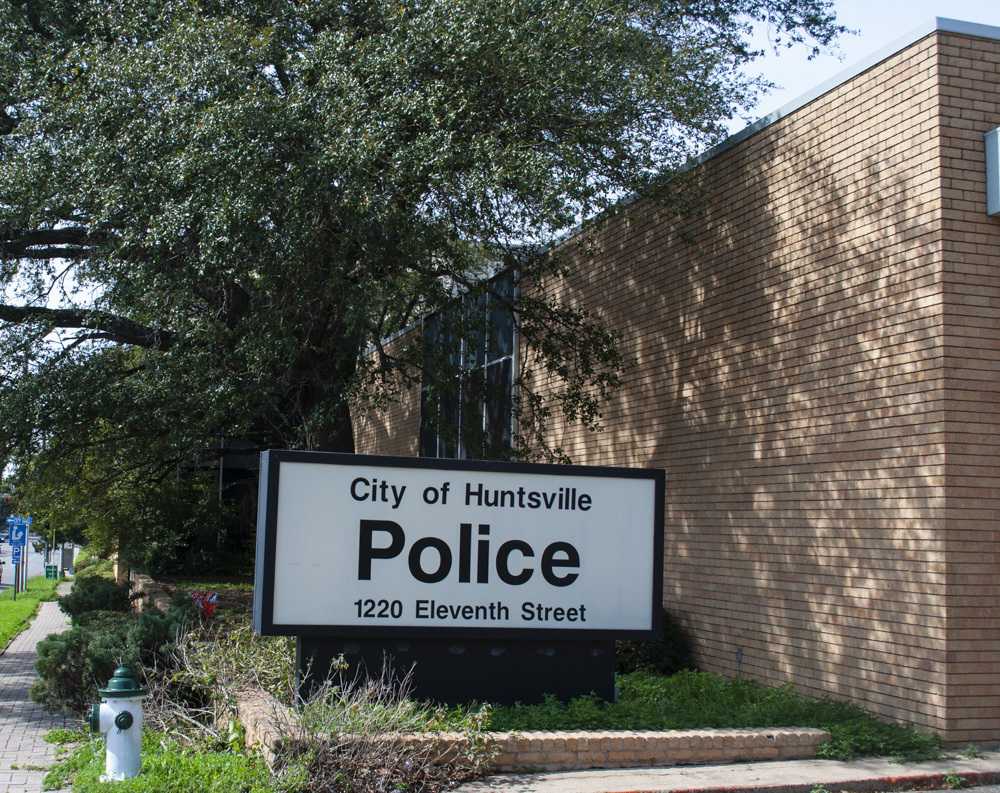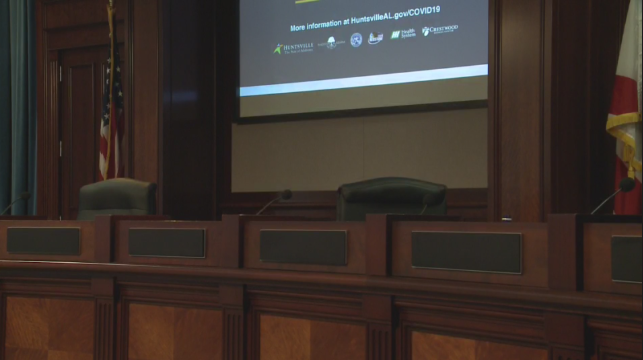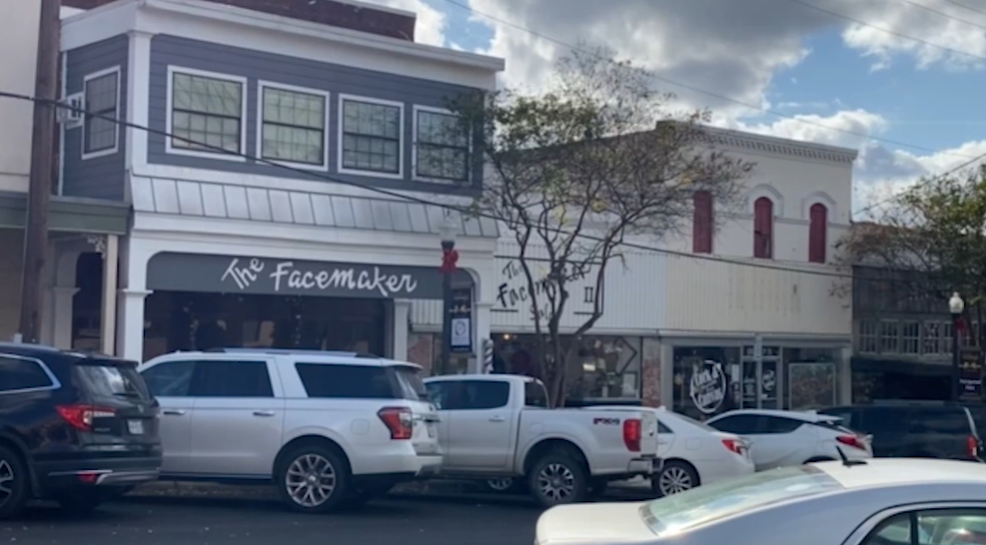
College is home to new beginnings– with students starting to date and create relationships that can leave long lasting memories.
October is National Domestic Violence Awareness Month, which is designed to raise awareness for people who are experiencing abuse in their lives and homes.
Abuse comes in all shapes and sizes, because each case of abuse and every person is different. The CDC cites four kinds of abuse: physical violence, sexual violence, stalking and psychological aggression.
Physical violence is the most immediate one for people to recognize. This kind of abuse happens when one person in the relationship tries to hurt their partner by any type of physical force. If your partner tries to physically hurt you and you did not consent to that pain, it’s a sign of abuse in the relationship.
Sexual violence is defined by the CDC as a person forcing their partner into a sexual act even if it’s a non-physical sexual act, like sexting, when the partner does not consent. Relationships do not give your partner the right to your body whenever they desire.
Stalking is a hard sign of abuse as it’s the unwanted attention and contact by a person that causes feelings of fear and concern. People may see this as a person trying to show that they care, but if a person is making you feel unsafe by even small signs of predatory behavior, it may be a sign of abuse.
Psychological aggression, according to the CDC, is the verbal and non-verbal communication that is used with an intent to control and harm a person. If your partner uses words or non-verbal acts to undermine your confidence and create negative thoughts and feelings, this is abuse.
Stepping back to inspect your own relationship can be hard, but is necessary. From the inside, abusive situations usually aren’t as clear cut as they seem from a distance.
Abuse can happen to any gender in a relationship with another person. Learn the different kinds of abuse and protect yourself by seeking help if you feel unsafe or fearful in your relationship.
If you would like to speak to someone and get help about an abusive relationship, call or visit the National Domestic Violence Hotline at 1-800-799-7233.












